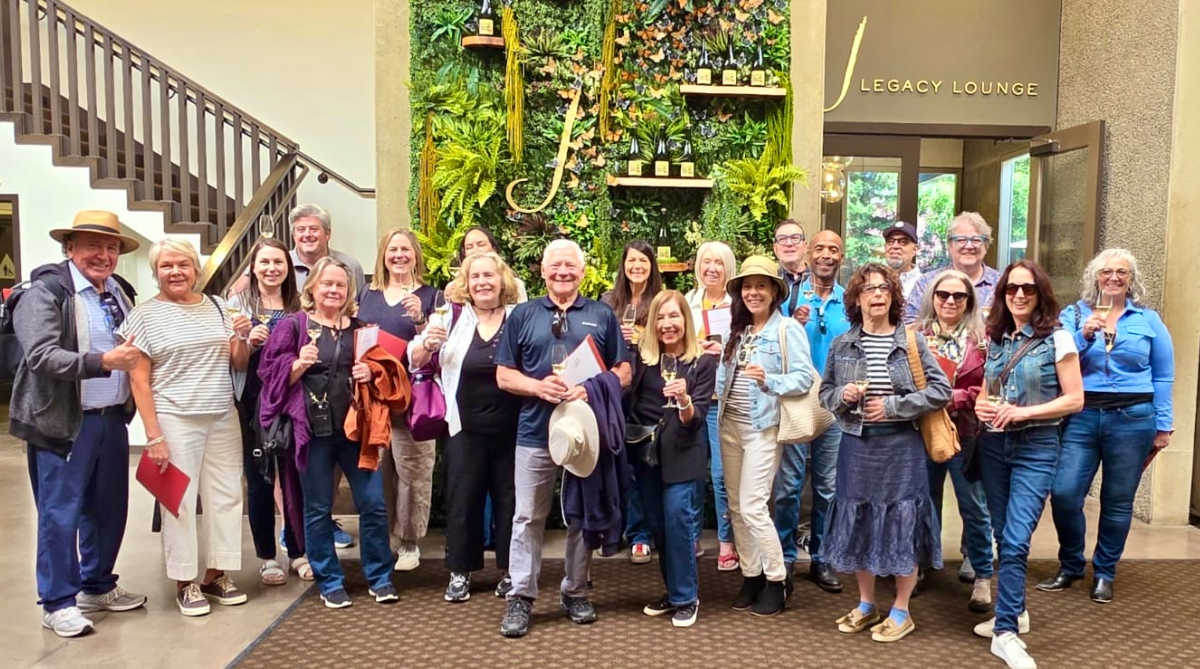Every year, the Wine Business Monthly publishes its annual Tasting Room/DTC Survey results. Did you know that on average 8% of DTC wine sales occur online? What would your business look like if you were able to increase your online DTC sales to more than 8%? How would that impact your bottom line?
Not surprisingly, the competition in that space is daunting and probably better-funded than your online sales efforts. In an interview with Wine Business Monthly, Paul Mabray, CEO at expert online wine sales consultant firm Emetry, cautions wineries that they are facing increased competition from internet retailers that can offer large wine clubs and online sales options with “superior selection, convenience, and price.” That’s where search engine optimization (SEO) becomes crucial.
If you do a Google search for wine clubs, you’ll see the internet retailers Mabray warned of dominating the top listings. However, savvy SEO can help potential customers find you. How? Let’s examine what happens behind the scenes when we use Google to do a search.
All search engines—Google included—have spiders (also called crawlers, bots, and robots) that follow links on the web 24/7. These spiders follow link after link from one web page to another and save the content in a massive index (essentially a database). Any page saved in the index can appear in search results. Every time you revise your website, the spider updates your website’s content in the index.
SEO is the ongoing process of optimizing your website so it can reach a higher position within the search results. Here is a short list of strategies that can help your winery reach a higher position within a Google (or another search engine) results list.
- Ensure your website loads quickly.
- Have a mobile-friendly web page. More than half of search queries are conducted on mobile devices.
- Don’t use too many internal redirects, but link to other high-ranking websites.
- Enhance the online experience by making it easy and pleasing to use.
The most effective strategy: Include robust content on your website and share it like crazy on social media and other venues noted below. Google’s goal is to deliver results that are most helpful to those searching for information. If your site has content that answers typical questions about a winery, wine club, or tasting room, for example, it will rank higher than sites that are thin on content, contain erroneous content, or have a lot of fluff.
Think about writing and hosting a blog. Post new content regularly, and consider creating podcasts or videos in addition to written content. Share on Google Music and YouTube (Google owns both, and the database will immediately index your new content).
In collaboration with our affiliate SEO experts, Capiche can help you develop a strategy and create content that will get the attention of Google—and ultimately, your target consumer audience. Give us a holler, and let’s see how high you can go!
Include robust content on your website and share it like crazy on social media. Share on X


Leave a Reply